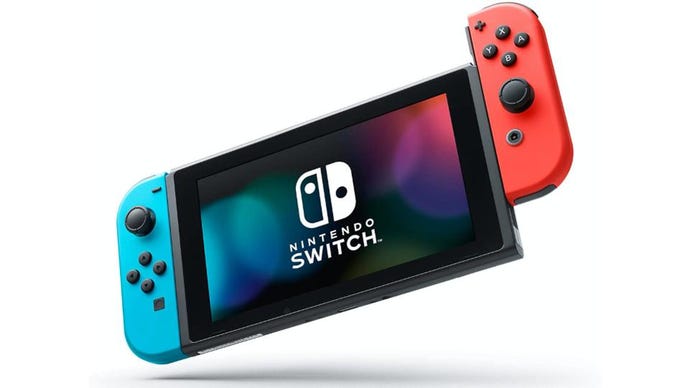Report: New Nintendo Switch model could use Nvidia's Ada Lovelace GPU
This would likely give the machine its apparent DLSS capabilities.
The rumoured new Nintendo Switch model might be using Nvidia's powerful new Ada Lovelace GPU architecture.
That's according to leaker Kopite7kimi, who posted on Twitter the word "ada" in response to a story about the aforementioned new version of Nintendo's console. This is likely a reference to Nvidia's upcoming new GPU architecture, named after Ada Lovelace, which is a successor to its current Ampere architecture.
Ada Lovelace is reportedly focused on video games graphics and is apparently more capable when it comes to ray tracing and Deep Learning Super Sampling (DLSS). If this rumour is true, it means that the next Nintendo Switch model is likely to be far more powerful than the hardware that rolled out in 2017. The existing SKU uses Nvidia's Tegra X1 T214 chips.
While it's hard to imagine Nintendo embracing ray tracing with this new Switch console, it's rumoured that the hardware will make use of Lovelace's DLSS capabilities. As our own Alex Donaldson has explained, this is a technology that uses artificial intelligence to output higher resolution graphics by upscaling a lower-quality image. It's essentially a means for lower-spec hardware to display fancy-looking graphics, which is – on paper – perfect for something like Nintendo Switch.
While rumours of a new Nintendo Switch model have been circulating for almost as long as the console has been out, Bloomberg's revealing that there's a more powerful iteration on the way seems to be legit. In addition to Nvidia DLSS support, it's reported that the hardware will have a faster CPU and more memory, as well as a bigger OLED display.
Incidentally, Nvidia names its GPU architectures after various historical figures, including Alan Turing, Alessandro Volta and Andre-Marie Ampere. Lovelace is so-called after Ada Lovelace, an English mathematician and proto-computer programmer who lived between 1815 and 1852.

